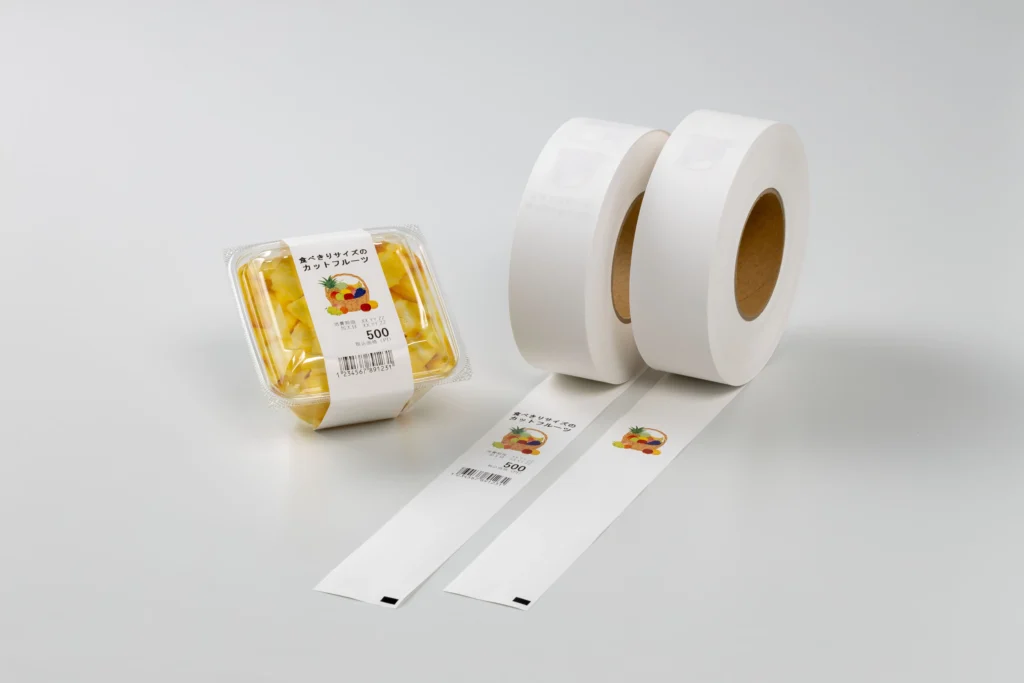Messi Biology states that phenomena like cling film sticking together in supermarket freezers, labels peeling off express boxes, and thermal paper slipping in printers—these seemingly minor issues all point to a common drawback of thermoplastic paper: inadequate anti-slip performance due to its smooth surface. Thermoplastic paper is widely used in food packaging, electronic labels, industrial films, and other fields due to its light weight and strong weather resistance. However, the low surface energy characteristics of base materials such as polyethylene (PE) and polypropylene (PP) often result in a coefficient of friction below 0.3, making it highly prone to slipping when exposed to water or grease. This “slick” nature carries numerous risks, including food spoilage from packaging leaks, logistics errors caused by electronic label misalignment, and equipment wear due to industrial film displacement. The key to solving this problem lies in a seemingly ordinary mineral powder: magnesium carbonate.

The Anti-Slip Magic in the Micro World: How Does Magnesium Carbonate Work?
Magnesium carbonate can act as the “anti-slip partner” for thermoplastic paper thanks to the synergistic effect of two core properties.
The first is its ultra-strong hygroscopicity; its molecular structure quickly absorbs trace moisture or oil on the surface of the thermoplastic paper, essentially creating a “dry buffer layer” on the material surface and fundamentally reducing the causes of wet slipping.
More crucial is the particle friction effect: when magnesium carbonate is uniformly dispersed as micron-sized particles within the thermoplastic paper coating, it creates countless tiny “friction protrusions”—effectively fitting the paper with studded anti-slip armor—which significantly boosts surface roughness.
Experimental data indicates that thermoplastic paper with 5% magnesium carbonate added can see its coefficient of friction increase from 0.28 to 0.65, and its slip-off rate in humid environments drop by over 80%. This improvement is not a simple dusting; it is achieved through a melt-blending process that ensures the magnesium carbonate particles tightly bond with the thermoplastic paper substrate, thus preserving the paper’s flexibility while maintaining a long-term anti-slip effect.
Not all magnesium carbonate is suitable for thermoplastic paper applications. Hebei Messi Biology Co., Ltd.’s magnesium carbonate product stands out by precisely matching the characteristics needed for various application scenarios:
Ultra-High Purity Establishes the Safety Baseline
Thermoplastic paper often comes into contact with sensitive areas such as food and pharmaceuticals, where impurity content directly impacts safety. Messi Biology utilizes “multi-stage purification + Atomic Absorption Spectroscopy (AAS) detection” technology to maintain magnesium carbonate purity above 99.995%. Alkali metal (sodium, potassium) content is kept below 2ppm, and total heavy metal residue is less than 3ppm. This standard significantly exceeds that of ordinary industrial-grade products, ensuring no harmful substances precipitate after addition and fully complying with the GB4806 standard requirements for food contact materials.
Customized Particle Size Adapts to Processing Needs
Thermoplastic paper thickness ranges from a few micrometers to tens of micrometers, imposing strict demands on the particle size of the anti-slip agent. If too coarse, it can damage the paper’s flatness; if too fine, the anti-slip effect is compromised. Messi Biology can regulate the crystallization process to precisely control the D50 particle size within the 0.5-10μm range, offering fine powder below 3μm for ultra-thin food cling film and customizing coarse powder (8-10μm) for heavy-duty industrial films, thus achieving a perfect balance between anti-slip performance and processability.
Superior Stability Ensures Long-Term Performance
Thermoplastic paper processing often involves melting temperatures exceeding 150°C, at which point ordinary magnesium carbonate can easily decompose and lose efficacy. Messi Biology employs crystal modification technology to raise the product’s thermal decomposition temperature to over 300°C, maintaining stability during processes like extrusion and film blowing. It also exhibits excellent compatibility with various thermoplastic substrates, avoiding issues such as precipitation or discoloration. An actual test by a packaging company showed that thermoplastic labels using their product experienced less than 5% decay in anti-slip performance after 12 months of storage in environments ranging from -20°C to 60°C.
Today, Hebei Messi Biology Co., Ltd.’s magnesium carbonate has been instrumental in upgrading thermoplastic paper: in the fresh food packaging sector, cling film with an anti-slip coating can be stacked without sticking, extending the shelf life by 3 days; in electronics manufacturing, anti-slip thermal labels boost SMT pick-and-place accuracy to 99.9%; and in cold chain logistics, anti-slip insulating film reduces cargo damage rates by 60%. This technology is also expanding into high-end sectors, such as battery insulation thermoplastic film for new energy vehicles. By incorporating customized magnesium carbonate, it satisfies insulation requirements while preventing sliding misalignment during installation.
As Messi Biology’s technical philosophy states: “‘Mg’-nificent (Magnesium-goodness) is about precisely matching material performance to application scenario needs.”
